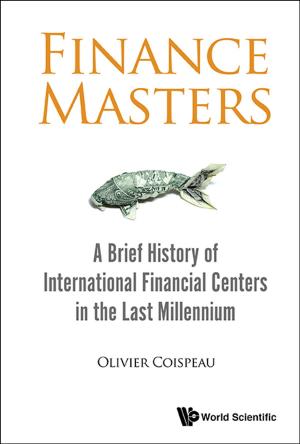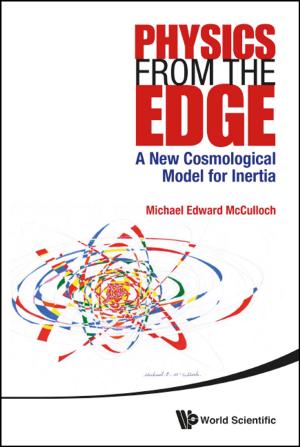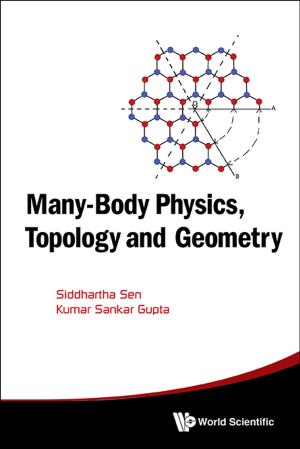Computer Simulations of Molecules and Condensed Matter
From Electronic Structures to Molecular Dynamics
Nonfiction, Science & Nature, Science, Physics, Solid State Physics, Chemistry, Physical & Theoretical| Author: | Xin-Zheng Li, En-Ge Wang | ISBN: | 9789813230460 |
| Publisher: | World Scientific Publishing Company | Publication: | January 17, 2018 |
| Imprint: | WSPC | Language: | English |
| Author: | Xin-Zheng Li, En-Ge Wang |
| ISBN: | 9789813230460 |
| Publisher: | World Scientific Publishing Company |
| Publication: | January 17, 2018 |
| Imprint: | WSPC |
| Language: | English |
This book provides a relatively complete introduction to the methods used in computational condensed matter. A wide range of electronic structure theories are introduced, including traditional quantum chemistry methods, density functional theory, many-body perturbation theory, and more. Molecular dynamics simulations are also discussed, with extensions to enhanced sampling and free-energy calculation techniques including umbrella sampling, meta-dynamics, integrated tempering sampling, etc. As a further extension beyond the standard Born-Oppenheimer molecular dynamics, some simulation techniques for the description of quantum nuclear effects are also covered, based on Feynman's path-integral representation of quantum mechanics. The book aims to help beginning graduate students to set up a framework of the concepts they should know before tackling the physical/chemical problems they will face in their research.
Contents:
-
Introduction to Computer Simulations of Molecules and Condensed Matter
-
Quantum Chemistry Methods and Density-Functional Theory
-
Pseudopotentials, Full Potential, and Basis Sets
-
Many-Body Green's Function Theory and the GW Approximation
-
Molecular Dynamics
-
Extension of Molecular Dynamics, Enhanced Sampling and the Free-Energy Calculations
-
Quantum Nuclear Effects
-
Appendices:
- Useful Mathematical Relations
- Expansion of a Non-Local Function
- The Brillouin-Zone Integration
- The Frequency Integration
-
References
-
Acknowledgements
Readership: Researchers in computational condensed matter physics.
Key Features:
- Elaboration on a framework of concepts based on the authors' research experiences
- Illustrations of methods ranging from electronic structures to molecular dynamics
- Detailed explanation of the path-integral method
This book provides a relatively complete introduction to the methods used in computational condensed matter. A wide range of electronic structure theories are introduced, including traditional quantum chemistry methods, density functional theory, many-body perturbation theory, and more. Molecular dynamics simulations are also discussed, with extensions to enhanced sampling and free-energy calculation techniques including umbrella sampling, meta-dynamics, integrated tempering sampling, etc. As a further extension beyond the standard Born-Oppenheimer molecular dynamics, some simulation techniques for the description of quantum nuclear effects are also covered, based on Feynman's path-integral representation of quantum mechanics. The book aims to help beginning graduate students to set up a framework of the concepts they should know before tackling the physical/chemical problems they will face in their research.
Contents:
-
Introduction to Computer Simulations of Molecules and Condensed Matter
-
Quantum Chemistry Methods and Density-Functional Theory
-
Pseudopotentials, Full Potential, and Basis Sets
-
Many-Body Green's Function Theory and the GW Approximation
-
Molecular Dynamics
-
Extension of Molecular Dynamics, Enhanced Sampling and the Free-Energy Calculations
-
Quantum Nuclear Effects
-
Appendices:
- Useful Mathematical Relations
- Expansion of a Non-Local Function
- The Brillouin-Zone Integration
- The Frequency Integration
-
References
-
Acknowledgements
Readership: Researchers in computational condensed matter physics.
Key Features:
- Elaboration on a framework of concepts based on the authors' research experiences
- Illustrations of methods ranging from electronic structures to molecular dynamics
- Detailed explanation of the path-integral method















